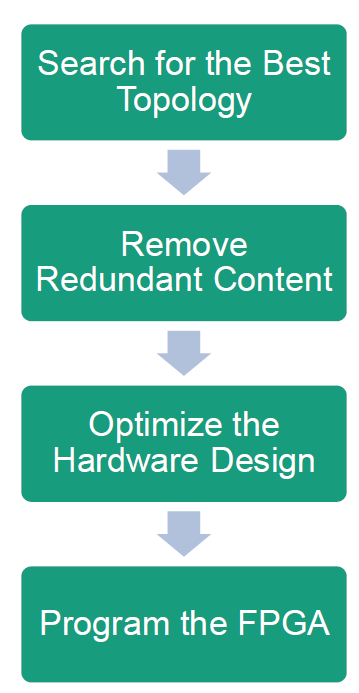The Goal: Artificial Intelligence Fits on the Smallest Devices
Especially in the medical field there are promising applications of artificial intelligence (AI). For example, AI systems can support doctors in making diagnoses and recommend more suitable medication for the patient. In addition, portable devices that can record and monitor a person's state of health have been available for some time. What is new is the trend towards carrying out the necessary, complicated partial diagnoses directly on the terminal device in order to detect a critical state of health as quickly as possible.
A popular example of such a device is the Applewatch, which is capable of recording an ECG of the wearer. In this way, the device can detect an approaching heart attack and sound the alarm early. This technology has the potential to save lives.
The algorithms for evaluating patient data can be very computationally intensive, which results in high power consumption. However, the runtime and thus the reliability of a mobile system depends on its energy consumption. For mobile applications, therefore, the energy-efficient execution of the evaluation algorithms on the hardware has the highest priority.


